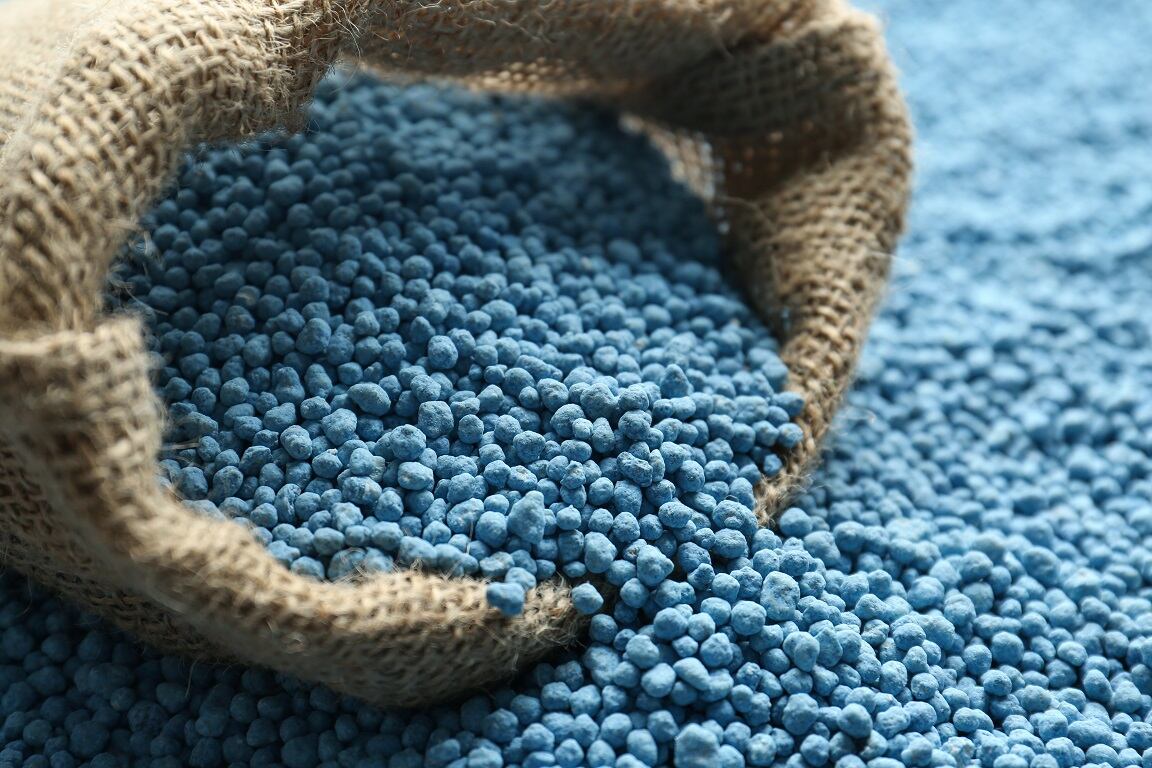Fertiliser prices are increasing to record levels, driven by supply chain issues and the global carbon dioxide shortage. This problem is now being intensified by the continued surge in natural gas prices, conflict in Ukraine, a ban on the export of fertiliser from China and the Canadian rail strike.
NFU president Minette Batters said: “Farmers are experiencing unprecedented costs when buying fertiliser, alongside tightening supplies, and it’s critical that Government put in place measures to mitigate some of these effects.
“Many of the measures today [30 March], particularly around the industry-led regulation of urea, the updated guidance on the Farming Rules for Water which will allow autumn manure spreading, and the extension of DEFRA’s [Department for Environment Food and Rural Affairs] Market Monitoring Group to understand trends in the market, are positive for farmers.
"This is what the NFU has been asking for and I’d like to thank Government for making these changes. We will look at the guidance closely and we are continuing to engage with Government on the importance of fertiliser and about ways it can ensure stability and confidence in the food supply chain.”
Sustainable Farming Incentive
Regarding further information about the Sustainable Farming Incentive, Batters said: “We support the move to a rolling application window as this will offer flexibility to farmers and growers to apply at a time that suits their business. This also needs to be matched by certainty over when agreements will start once an application has been submitted.
“While the offer available now will be suitable for some farms, it’s clear there are still not viable options for all. It’s essential for all farmers who wish to enter these new schemes that payment rates properly recognise the public goods they will be delivering.
"With such huge uncertainty I remain extremely concerned that farmers in England are facing a very different approach to the rest of the UK. With farmers in England receiving less direct support, the government must ensure new ways of farmers and growers managing their risk and volatility.”
Farming Rules for Water
Responding to the new guidance for Farming Rules for Water, NFU deputy president Tom Bradshaw said: “Today’s announcement provides much needed clarity for farmers and growers who have had significant concerns for some time about how the Farming Rules for Water regulations are being interpreted.
“Over the past year the NFU has played an important role bringing together the farming industry, Environment Agency and DEFRA to agree that organic manures can be spread in the autumn, so crops are receiving the vital nutrients they require. This new guidance will enable farm businesses to plan with confidence and importantly, drive improvements that benefit soil and plant health as well as water quality.”
DEFRA has also announced that there will be a farming industry self-regulation approach to the use of solid urea fertilisers. Bradshaw added: “Working alongside other farming organisations, such as AIC, we put forward a strong case to DEFRA for a robust and pragmatic industry-led approach, without which would have meant a ban on the use of solid urea fertilisers.
Urea fertiliser ban delayed
“Spiralling input costs are impacting on all farmers and growers with nitrogen fertiliser now costing almost five times as much as it did this time last year and so we are pleased that DEFRA has agreed to our calls for a delay to the roll-out by a year until 2023 due to current market conditions. Through the involvement of Red Tractor, the industry has avoided the proposed outright ban on urea fertiliser which means that farmers and growers will continue to have the flexibility to use the right product at the right time.
“Today’s announcement means farmers and growers can keep using a vital product, to help grow sustainable climate-friendly food, while at the same time significantly cutting ammonia emissions in line with government and industry ambitions.”
The Environment, Food and Rural Affairs (EFRA) Committee wrote to secretary of state for environment, food and rural affairs George Eustice on 29 March addressing the issue of soaring fertiliser costs.
Amid concerns over record increases in fertiliser prices, the letter sought an update on how the Government would help protect UK food production and food security by supporting farmers in managing the high costs.
Costs surging towards £1,000/tonne
It highlighted reports from levy body Agriculture and Horticulture Development Board (AHDB) showing fertiliser price increases of between 70% and 140% over the past year. It also referred to reports showing prices surging towards £1,000/tonne, up from around £650 in February.
Chair of the EFRA Committee Neil Parish said: “In the midst of a cost-of-living crisis, British consumers can ill afford further price rises resulting from producers buying less fertiliser for their cereal crops.
“As it is unclear how farmers and growers will be able to adapt to these higher costs and price volatility, I hope the minister will set out what immediate support measures the Government can undertake in this area.”




